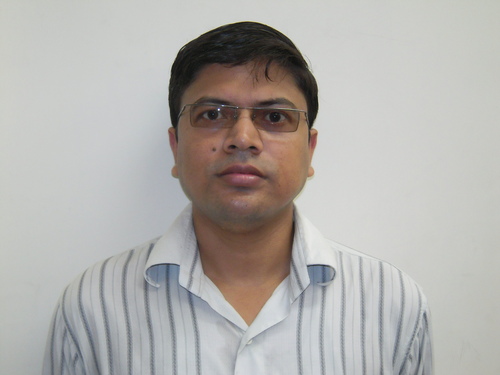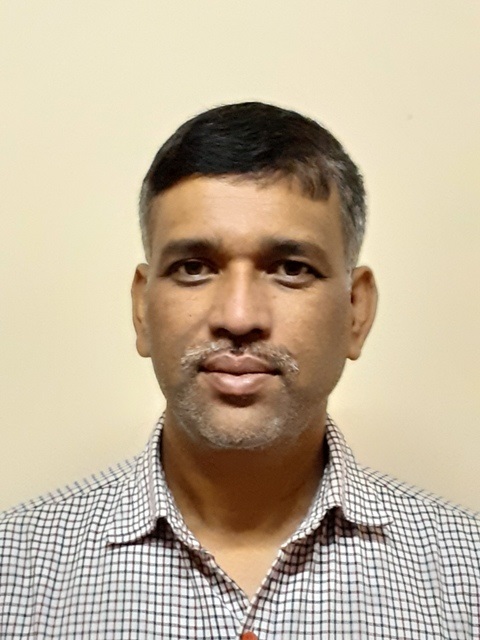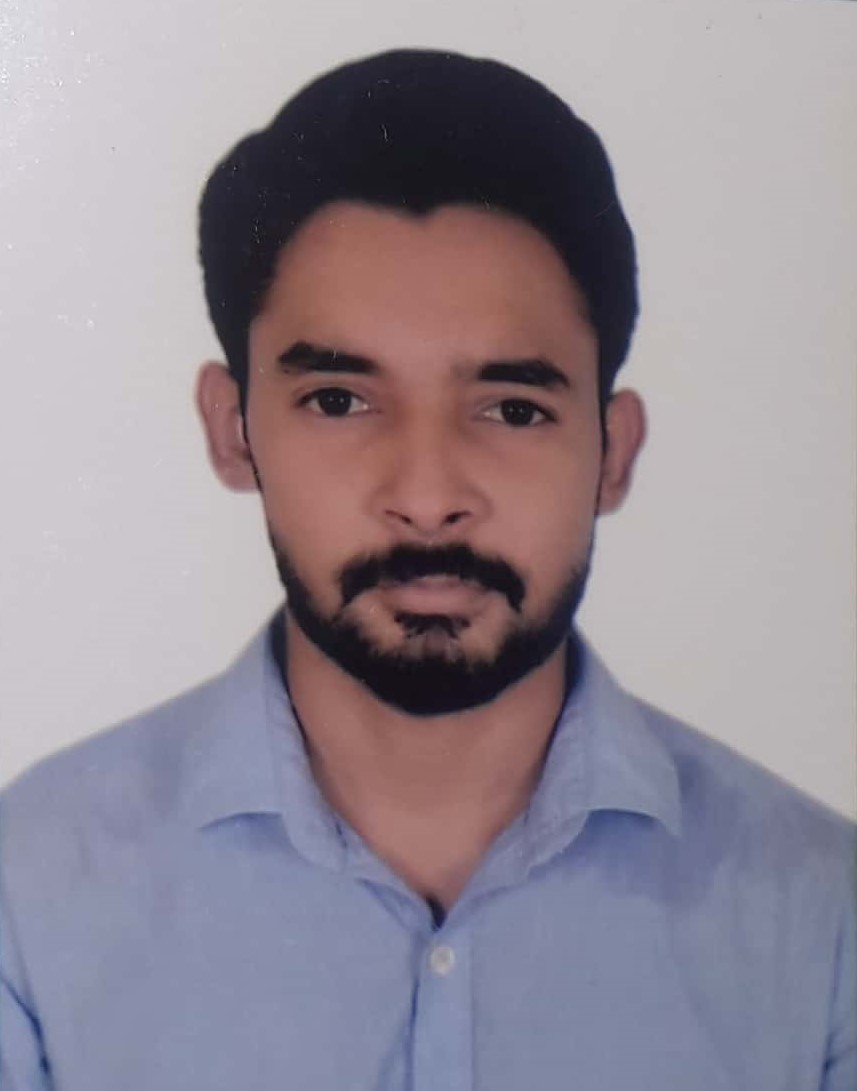Course abstract
The first part of the course will discuss nuclear physics. Properties of nuclei and details of popular nuclear models, properties of nuclear decays and nuclear reactions will be discussed in brief, but in a self-consistent manner. The second part will discuss the basics of particle physics. In this part, the fundamental forces and the dynamics of elementary particles under these forces will be considered. After introducing relativistic quantum mechanics, relativistic formulation of Maxwell’s Equations and quantum electrodynamics will be discussed. This will be developed into the weak and strong nuclear forces based on the principle of gauge symmetry. The course will also introduce the physical principles of particle accelerators and detectors, including a very brief picture of the modern day complex detectors.
Course Instructor

Prof. Poulose Poulose
Prof. Poulose Poulose is affiliated to the Department of Physics, Indian Institute of Technology Guwahati since 2004. He is currently a Professor of Physics at IITG, and the Head of the Department of Physics. He completed his Ph.D. in Particle Physics Phenomenology from the Physical Research Laboratory, Ahmedabad ion 1997 before spending his time as postdoctoral fellow at Tata Institute of Fundamental Research (1997-1999), Indian Institute of Science, Bangalore (1999-2001), RWTH-Aachen, Germany (2001-2002). Professor Poulose has about 25 years of research experience including his PhD years with about 32 publications in international research journals, and has teaching experience of about 12 years teaching at the UG and PG courses at IIT Guwahati. He has taught a wide range of topics including Classical and Quantum Mechanics, Electrodynamics, Nuclear and Particle Physics, High Energy Physics, and Quantum Field Theory. He has taught the course of Nuclear and Particle Physics to the M.Sc. students of IIT Guwahati multiple times, and has also developed and delivered a course with the same title on the NPTEL (phase 2) platform. The Swayam-MOOCS course on Nuclear and Particle Physics intended to the Masters students is based on this NPTEL course.
Teaching Assistant(s)
No teaching assistant data available for this course yetCourse Duration : Sep-Dec 2020
View Course
Enrollment : 20-May-2020 to 21-Sep-2020
Exam registration : 14-Sep-2020 to 02-Nov-2020
Exam Date : 20-Dec-2020
Enrolled
4805
Registered
172
Certificate Eligible
109
Certified Category Count
Gold
2
Silver
24
Elite
35
Successfully completed
48
Participation
32
Legend
AVERAGE ASSIGNMENT SCORE >=10/25 AND EXAM SCORE >= 30/75 AND FINAL SCORE >=40BASED ON THE FINAL SCORE, Certificate criteria will be as below:
>=90 - Elite + Gold
75-89 -Elite + Silver
>=60 - Elite
40-59 - Successfully Completed
Final Score Calculation Logic
- Assignment Score = Average of best 8 out of 12 assignments.
- Final Score(Score on Certificate)= 75% of Exam Score + 25% of Assignment Score
Enrollment Statistics
Total Enrollment: 4805
Registration Statistics
Total Registration : 172
Assignment Statistics
Exam score
Final score
.jpg)
.jpg)
.jpg)
.jpg)





